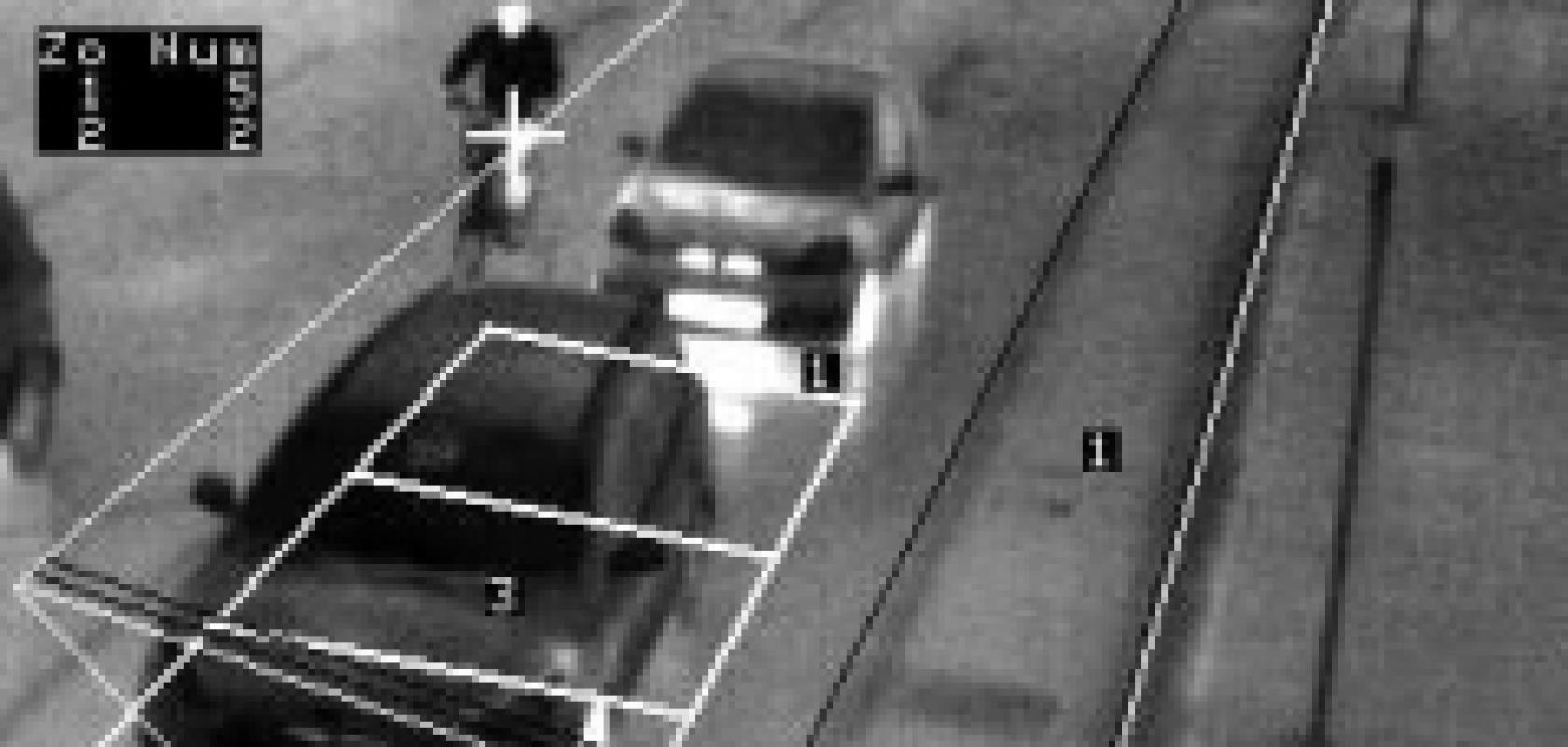Thermal cameras have been installed at road junctions in Liverpool, UK as part of a safer network of cycle routes through the city.
The cameras were installed at traffic lights at certain junctions to detect cyclists at night. If a cyclist is detected, the traffic signals display a green bike, which is illuminated five seconds before the full green for other traffic, giving cyclists a head start on other vehicles.
Flir’s ThermiCam sensors were used, which can distinguish cyclists from other vehicles. This means the advance lights are not used when there are no cyclists, avoiding delays to other road users.
The city developed the scheme for Leeds Street, which links directly with The Strand, where the historic Waterfront and Three Graces are located.
‘The two junctions on Leeds Street were designed to make cyclists more confident in our city traffic and at the same time, increase awareness with motorists about the presence of cyclists,’ said James Leeming, senior project manager at the Liverpool City Council. ‘If cyclists coming from Vauxhall Road and Pall Mall want to cross Leeds Street, they have to effectively cross six lanes. In the previous traffic layout, cyclists had to cross the junction at the same time as traffic. For some cyclists, this is often not enough. Not to mention how dangerous it can be when big vehicles and cyclists cross the street together in a crowded traffic situation at pinch points.’
Both Vauxhall Road and Pall Mall now have one ThermiCam unit on both sides of Leeds Street. ThermiCam does not need light to operate, but uses the thermal energy emitted from vehicles and cyclists. This enables the sensor to detect vehicles and bikes at night, over a long range and in difficult weather conditions.
ThermiCam not only detects cyclists at the stop line, but also further away, so that the traffic signal can take into account the cycle presence sooner before the stage change point.
The scheme is funded by the Regional Growth Fund via the UK Department for Business, Innovation and Skills and includes road resurfacing, innovative traffic signals, LED street lighting, public realm regeneration, cycle and pedestrian facilities and capacity improvements.
Related articles:
The greatest show on earth - Rio de Janeiro will host South America's first Olympic Games this summer. Rob Ashwell looks at the vision technologies needed to cope with the thousands of visitors that come with hosting such an event
Further information:


